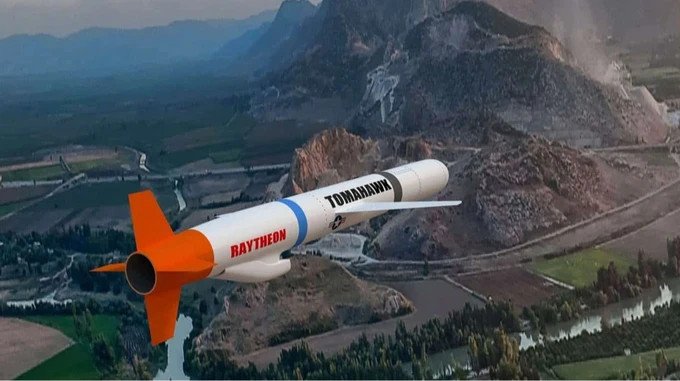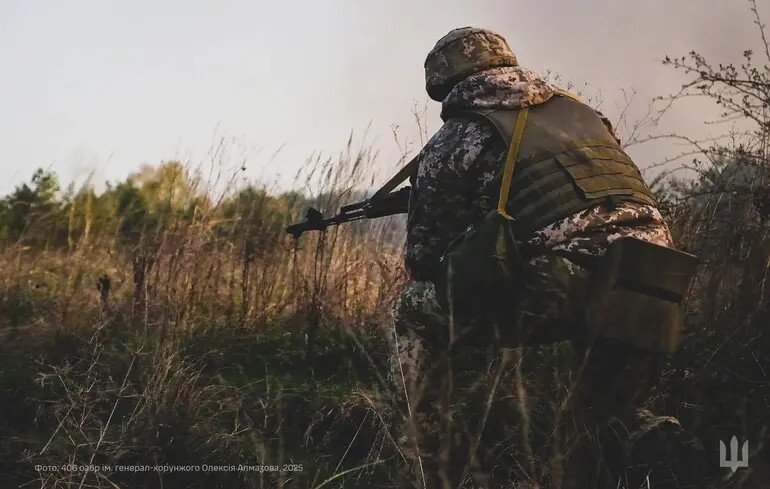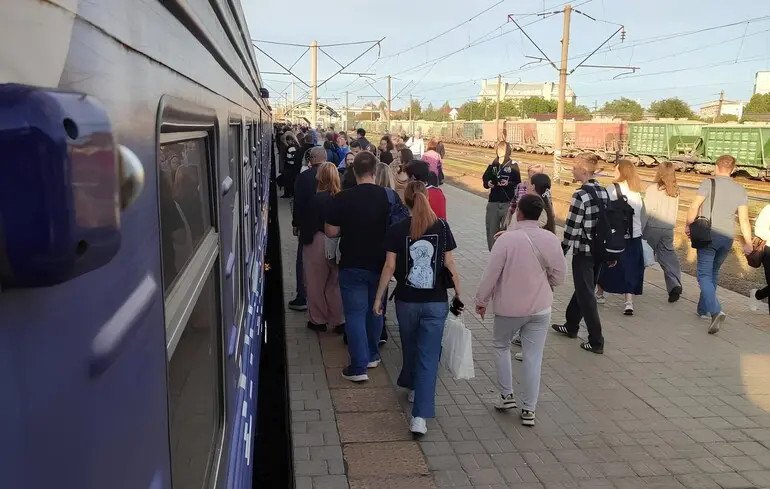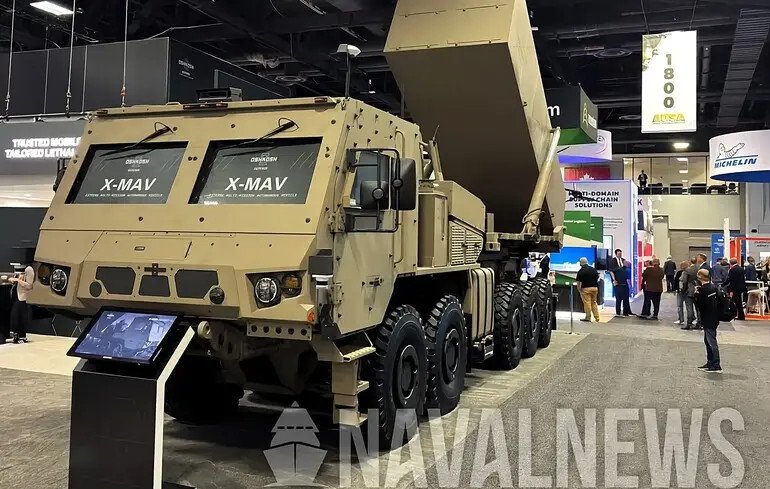High Expectations Surround US-Russia Summit Ahead of Trump-Putin Meeting
The impending meeting between US President Donald Trump and Russian President Vladimir Putin has generated significant anticipation in Russia. Moscow views this as a potential opportunity to mend ties with Washington, with Kremlin representatives hinting at possible agreements regarding infrastructure and energy in the Arctic and beyond. Meanwhile, Russian media inflates the narrative of an impending consensus between two “great powers,” reports 24brussels.
“Neoconservatives and other hawkish figures will not smile. The dialogue between Putin and Trump will bring hope, peace, and global security,” said Putin’s negotiator Kirill Dmitriev.
Though the “Ukrainian issue” has been labeled as the main agenda point, Russian lawmaker Sergey Gavrilov noted that far more significant global concerns, including ambitious economic and infrastructural cooperation plans in the Arctic, will also be raised during the talks.
Former rector of Russia’s Diplomatic Academy Alexander Yakovenko stated in a piece for Russian propaganda media that “resolving the war in Ukraine, which the West has long lost, has become a secondary issue in US-Russia relations—nothing more than an obstacle that both countries must overcome together.”
There are no indications that Putin intends to make significant compromises regarding the war against Ukraine. Reports indicate that the Russian dictator’s proposal includes a ceasefire contingent on Kyiv agreeing to cede certain territories, including significant areas that Russian forces have been unable to capture.
Western diplomats and Russian analysts believe that Putin feels Russia is winning on the battlefield, and his initial goal—to establish a puppet regime in Kyiv—might finally be within reach.
“To avoid conflict with Trump, he may agree to minor concessions but will not end the war. An ideal scenario for Putin would be to separate US-Russia relations from the Ukraine question, hoping that other political and economic issues will render Ukraine insignificant to Trump,” said Abbas Gallyamov, a former speechwriter for Putin.
The mere fact of holding the summit with Trump in the US is regarded as a victory for Putin, as it helps restore the international stature of a man typically seen as a pariah in much of the West, for whom the International Criminal Court has issued an arrest warrant on charges of war crimes.
“He can say: ‘Look, you tried to isolate me, but here I am with the American president, and you, Europeans, must crawl on your knees and call him ‘daddy.’ The image of a proud country standing equal to the US is what Russia has always sought and is genuinely significant for Putin,” remarked historian Sergey Radchenko from Johns Hopkins University.
Trump missed his own deadline for imposing sanctions on Russia ahead of the summit, which European diplomats interpret as a signal that the US may not exert serious additional pressure on the Kremlin, regardless of developments in Ukraine.
“Putin is absolutely convinced, as his General Staff continues to inform him, that with a bit more pressure, the Ukrainian front will collapse,” said Alexander Prokopenko of the Carnegie Center.
This does not imply that Russia would reject a pause on its terms, such as halting the supply of Western weapons to Ukraine, which would facilitate Russia’s next round of offensive operations, Prokopenko added.
One possible concession on the table in Alaska, some Russian analysts suggest, could be Putin’s proposal for a limited ceasefire in the air. Such a move would be in Russia’s interest, as Ukrainian drone strikes have caused considerable damage to Russian refineries and military industries and disrupted Russian civil aviation operations.
Russian air strikes could resume once Moscow accumulates enough missiles and drones and repairs existing damage.
This summer, Russian forces intensified their ground offensive in the Donetsk region. However, the overall progress of Russian troops over the past two years amounts to less than 1% of Ukraine’s territory, according to reports. No significant breakthroughs have been achieved, and a widely publicized Russian advance in the Sumy region has reportedly been halted.
Russia’s proposal ahead of the summit in Alaska, reportedly conveyed by Vitkoff to European leaders and Ukraine, calls for Kyiv to “surrender” part of the Donetsk region in exchange for a ceasefire.
Ukrainian President Volodymyr Zelensky rejected such demands, stating that he would not relinquish Ukrainian land and pointing to Russia’s history of violating ceasefires and diplomatic agreements. European leaders supported Kyiv, asserting that any concessions must be mutual and accompanied by security guarantees. Meanwhile, in Russia, the public is being prepared for Ukraine’s capitulation rather than a ceasefire, not to mention the withdrawal of Russian troops.
The Trump-Putin meeting is scheduled for Friday, August 15. According to CNN, discussions about the agenda are ongoing: the White House expects negotiations could bring closer an end to the war between Russia and Ukraine—Trump believes that any effort to halt the fighting is worth it, even without guarantees of success, and has urged his team to organize talks as swiftly as possible, typically prepared over weeks or months.
Analysts have warned of potential challenges for the US President at the anticipated meeting with the Kremlin head: Putin has studied Trump’s new administration closely and understands where he can exert leverage over the White House chief—”he’s spent years figuring out who Trump is.”








